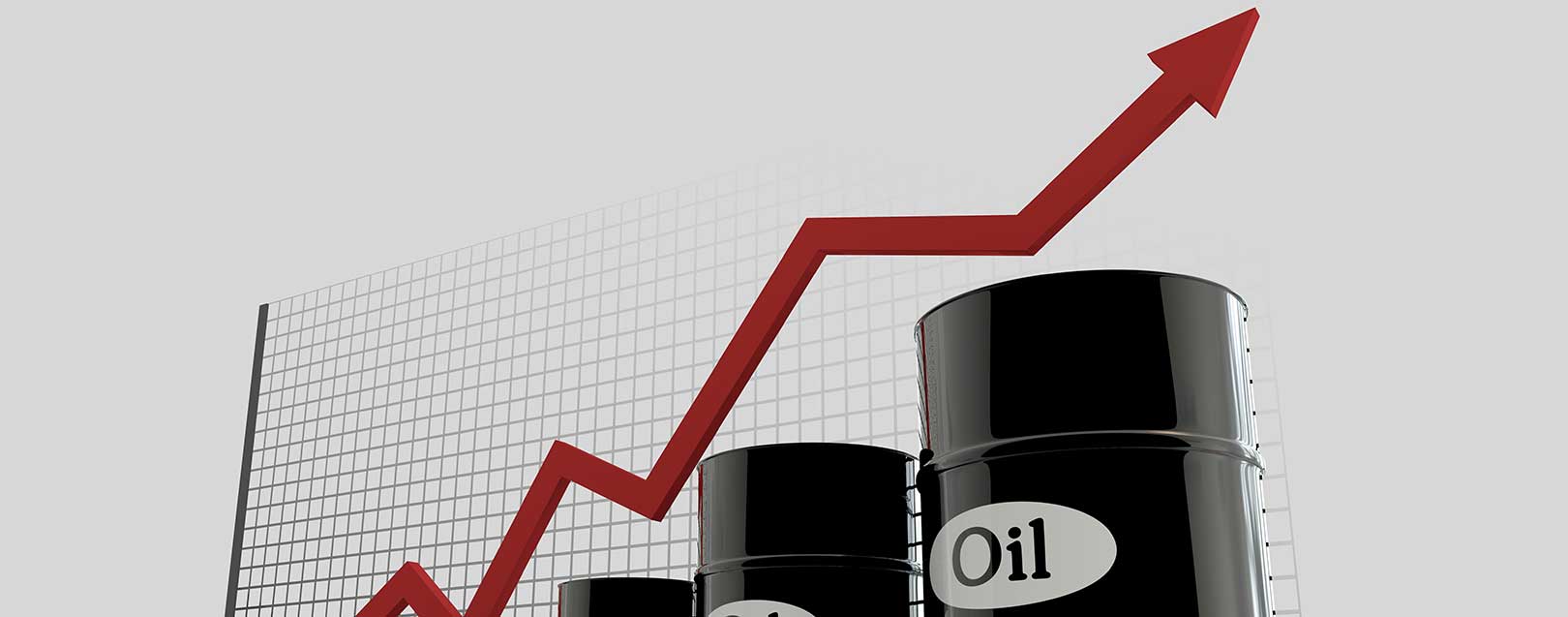
Crude surges 1% as Goldman says oversupply ended
The Dollar Business Bureau
The prices of oil surged more than one percent on Monday after Goldman Sachs said the oil oversupply of two years in the market had ended due to oil disruptions globally and overturned into a deficit.
The Brent crude futures LCOc1 were traded at $48.50 per barrel at 0255 GMT, a rise of 67 cents, or 1.4 percent, from their previous settlement.
Oil disruptions from major suppliers including China, Nigeria, the United States, and Venezuela, caused a U-turn in the oil outlook of Goldman Sachs, which has for long cautioned of bloated storage and another steep fall in the oil prices.
"The oil market has gone from nearing storage saturation to being in deficit much earlier than we expected," Goldman said.
“The market "possibly moved into deficit in the month of May due to constant strong demand and sharply decreasing production," the investment bank added.
In Nigeria, a major producer of oil, Exxon Mobil, has put on hold exports from Qua Iboe, the nation’s largest crude stream and other oil producers have also suffered disruptions, due to sabotage acts that led to the sinking of output to about 1.65 million barrels a day (bpd), the country’s lowest in decades.
Venezuela, a major oil exporter, seemed to be on the verge of a meltdown, triggering worries of default by PDVSA - its state-owned oil company, which has to make payments of around $5 billion in bonds this year. The country’s production of oil has already declined by around 188,000 barrels a day since the beginning of the year as PDVSA is struggling to make the investment required to keep output constant.
In the US, crude oil production has dropped to 8.8 million barrels a day, 8.4 percent below from its peak in 2015, as the oil sector faces a wave of bankruptcies.
In China, output fell 5.6 percent to 4.04 million barrels per day in the month of April, as compared with the same month last year.
On the contrary, supply surged from the Organization of the Petroleum Exporting Countries (OPEC) as the sanctions against Iran were lifted, which leads to a competition between Tehran and its OPEC-counterparts such as Saudi Arabia, Iraq, the UAE and Kuwait, for a major market share.
OPEC produced 32.44 million barrels a day in April, a rise of 188,000 barrels a day from March.
The other reason that is preventing a sudden rise in prices was output recovery in Canada after a wildfire and swollen crude storages in US and Asia.






 to success.
to success.